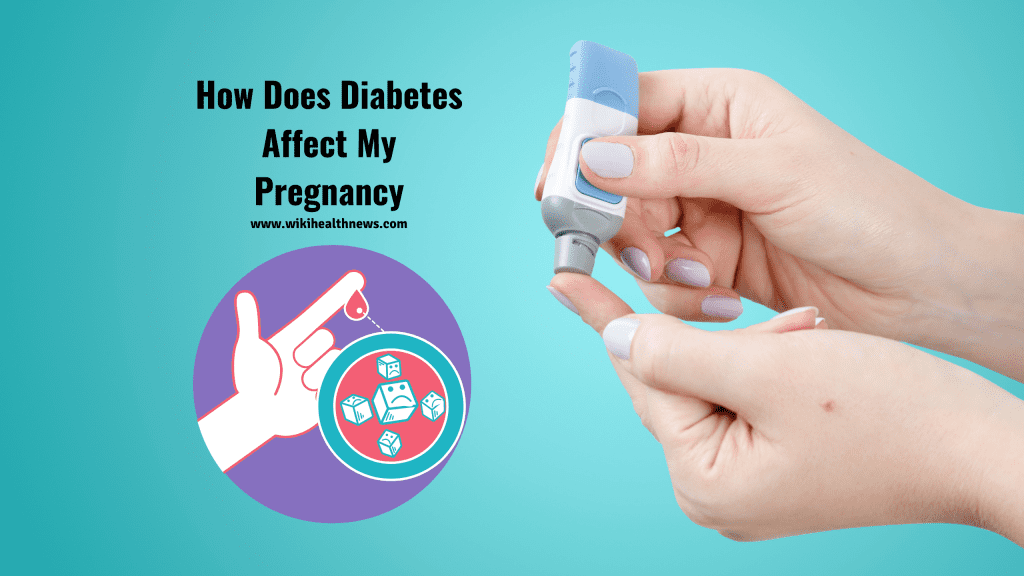How Does Diabetes Affect My Pregnancy

How does diabetes affect getting pregnant?
Definition:
Diabetes can affect reproduction, understanding the disease process helps to prevent this complication.
A healthy human body digests food and with the help of a hormone called insulin transports a form of sugar known as glucose through the bloodstream to cells for energy.
Diabetes mellitus:
Diabetes mellitus is a disorder of blood sugar (glucose). The levels of sugar are abnormally high in blood as the body does not produce enough insulin.
Type 1:
Body’s immune system attack pancreas leads to not produce insulin
Type 2:
The body of a Type 2 diabetic either fails to create enough insulin, the person’s cells don’t react properly to the insulin or both malfunctions occurs.
How the diabetes affects the pregnancy
- Type 2 diabetes can affect the release of an egg called ovulation. It makes woman’s menstrual cycles irregular. Eventually, it leads to infertility and difficulty becoming pregnant.
- However, in men, it can cause problems of hormones as well. Getting and maintaining erections is difficult in men with diabetes.
- Diabetes increases the risk of early pregnancy loss and stillbirth. Women with diabetes often have to undergo a caesarean section due to a big baby and the baby needing intensive care after birth.
Causes:
- Obesity
- Insulin resistance
- PCOS
- Unhealthy lifestyle
- Genetics
- Family history of diabetes
How can I prepare for pregnancy with diabetes?
Diabetes can be prevented and managed to control blood sugar levels. This involves
- Regular monitoring of blood sugar levels,
- Eating a healthy diet,
- Regular physical activity,
- Being in the healthy weight range,
- Reducing stress and anxiety,
- Medication may also be needed.
Visit your doctor (GP) or diabetes specialist before planning pregnancy if you are a diabetic. As soon as you start thinking about having a baby you must be under strict sugar control. Monitor your sugar levels around 3 to 6 months before you start trying.
Women with type 1 or type 2 diabetes must start taking high dose folic acid (2.5-5mg daily) at least one month before pregnancy. You should continue folic acid intake throughout the first trimester.
If you become pregnant, see your doctor as soon as possible. Review your sugar levels and control with diet, exercise and medications.
Discuss ways to manage your diabetes with the specialist. Try to keep blood sugar levels in the healthy range throught your pregnancy.
This may involve:
- Get your HbA1c level monitored
- Check your blood glucose levels
- Take regularly the recommended dose of folic acid
- Check your medications
- Have your eye and kidneys checked
- Look at your lifestyle
- Check that you are vaccinated
Well controlled blood sugar levels:
- Can help to regulate menstrual cycles
- reduces the risk of erection problems
- Increases men’s testosterone levels
- Improves libido (sex drive)
- reduces the risk of miscarriage
- The risk of having a big baby becomes less in diabetic mother, and the baby requiring intensive care after birth reduces
- Reduces the risk of congenital disorder in mother with diabetes
- The risk of stillbirth and neonatal death is reduced

Read More











